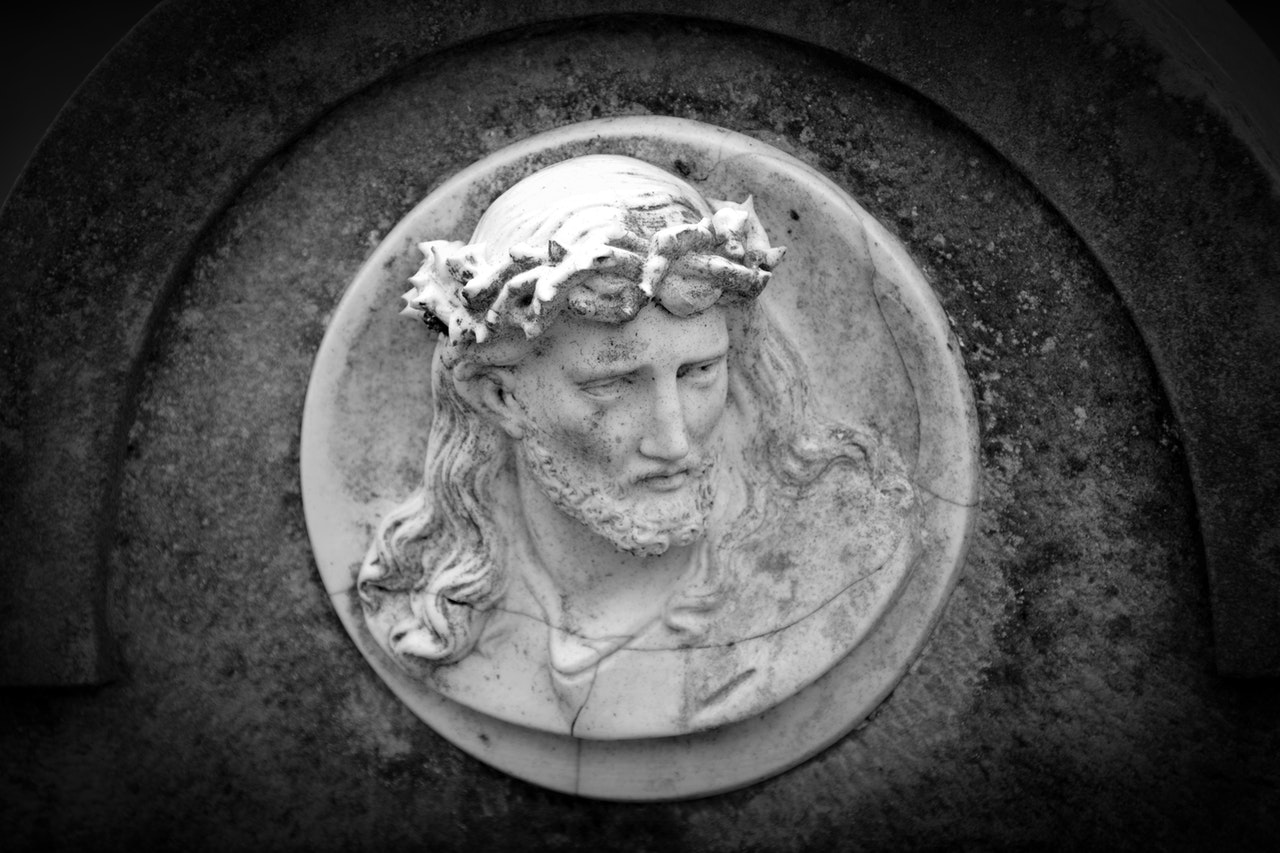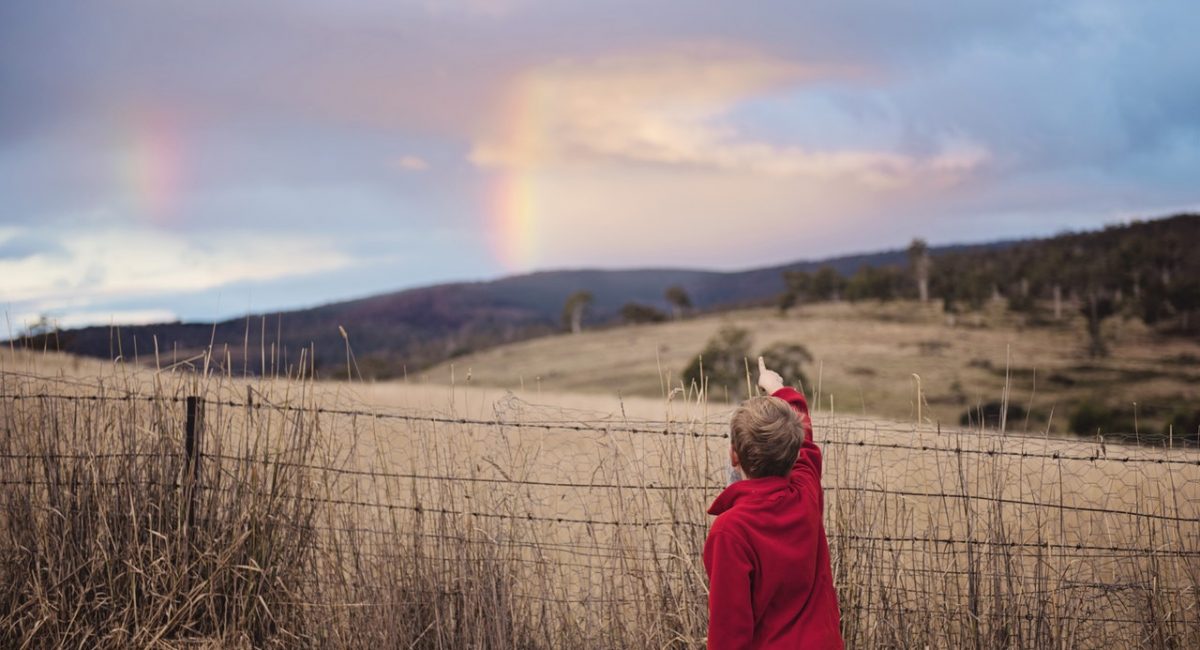Reflection for the 24th Sunday. Year B. 2018
– By Fr Ugo Ikwuka
Archway, London
To highlight the risk of poor vision, Specsavers optical services always theme their adverts to show the embarrassments that comes with mistaken identity. Poor sighted people are seen warming up to and hugging and kissing the wrong people at the airport arrivals.
To forestall such and ensure that his disciples are not following the wrong person, Jesus asks them in this Sunday’s Gospel: “Who do you say I am?”

Instructively, it was in the region of Caesarea Philippi, a boarder city known for its mix of religions and gods hence the ideal place to clarify people’s religious loyalty and resolve any religious identity crises.
In a way it mirrors our society today where so many compelling interests compete for our attention that we may not know who or what we are following.
Jesus began by asking them: “Who do people say I am?” The disciples echoed the various speculations of the crowd: “Some say you are John the Baptist, others Elijah, others one of the prophets.” Wrong answers! The mob is usually wrong. Joseph Goebbels, Hitler’s Propaganda Chief once declared that the crowd has no intelligence. And he must have spoken from experience given his success with the brainwashing of the German public that saw to the extermination of six million Jews leading to World War II.
Personal conviction is therefore crucial. So, Jesus pointedly asked them: “But you, who do you say I am?” Peter responds on behalf of the group: “You are Christ, the Messiah, Son of the living God!”
And he is correct! But it immediately became clear that they lacked the full understanding of what being the Messiah will mean for Jesus – and for them. As Jesus began to disclose this, including that he would suffer grievously and be killed, they shouted ‘God forbid!’
It reminds one of the fable about a hunter who was searching for the tracks of a Lion. He came across a woodman in the thick forest and asked him if he had seen traces of the lion’s footmarks. “Oh yes,” replied the woodman, “I’ll take you to the Lion himself.” The hunter cringed in fear and stammered, “No, no, thanks. I’m only looking for his footmarks, not the Lion himself.” Often in our relationship with God, we behave like this hunter. We declare our belief in God, at least we profess that in the creed every Sunday, but when we are confronted with the full implication of that belief, we falter.
Like the disciples who supposed that Jesus would be a warrior Messiah that will conquer Israel’s enemies, we easily know him as our all-powerful miracle working God. Hence, like them too, we have to discover, very painfully, the kind of Messiah we are following; a Messiah who suffers to save his people. It is by his wounds that we are healed (Isaiah 53:5).
Yes, Jesus will be a King, but he will be a King who will rule by serving his subjects and because he loves them, he will, if necessary, be prepared to die for them, for this is the greatest love that a person can show for his friends.
Thus, the only King they will see for now will be the one hanging on the cross, in shame and nakedness without beauty. Only after the resurrection will his compelling beauty shine out.
Jesus invites anyone who wants to be his follower to deny himself and take up his cross and follow in his way. Yes, his Way has also to be our way. To deny self should not be mistaken for lack of self-care. It is shedding what we have become by misuse of our freedom. In other words, it is rejecting sin that distorts and masks the beautiful image of God which we are.

To take up our cross and follow Jesus is an invitation that each one of us dedicates our lives to loving service even if, at times, this involves misunderstanding, ridicule, pain and even death itself. But we don’t want crosses. We even think that one of the purposes of prayer is to ask Jesus to take away the challenges and make life smooth all the way. That’s why prosperity preachers are prospering as we flock to them. But Jesus says that to “save our lives” in this way is to lose it. It is to cling to things and want security in them. But our happiness is not in having or grabbing more, but in sharing. It is in giving not getting. It is in letting go and letting God.




